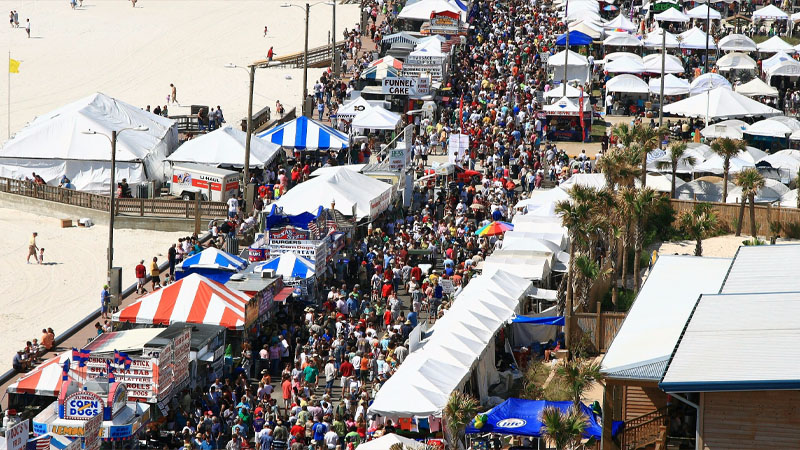Exclusive content

The recent Morgan City Shrimp and Petroleum Festival in the United States found itself mired in controversy when it was revealed that much of the shrimp on offer had been imported rather than sourced from local waters. SeaD Consulting, the group responsible for this discovery, did not stop there. They expanded their investigation to the National Shrimp Festival in Gulf Shores, Alabama, only to find a similar situation unfolding.
Of the five vendors tested at the National Shrimp Festival, all of whom advertised their shrimp as being Gulf-sourced, only one—the regional grocery chain Rouse’s Supermarket—actually served authentic Gulf shrimp.
A Threat to the Local Industry
SeaD Consulting’s findings echo their results from the Morgan City festival, where only one of five sampled vendors was found to be serving shrimp from the Gulf of Mexico. David Williams, owner of SeaD Consulting, expressed his frustration with the misrepresentation, quipping that the National Shrimp Festival could more accurately be dubbed the “International Shrimp Festival.”
“We have a brand we need to protect,” Williams said. “And it’s not only about the brand, it’s a community. It’s a way of life.”
For many experts and local shrimpers, this issue is not merely about marketing ethics but about the future of a crucial coastal industry. The cachet of Gulf-caught shrimp is being diluted by deceptive practices, threatening the livelihoods of those who depend on the trade.
Deceptive Practices at Play
Restaurants and festivals that falsely advertise their shrimp as locally caught are, in the view of SeaD Consulting, engaging in harmful practices. Erin Williams, CEO of the consultancy, emphasized the broader consequences of such deception. By misleading consumers, these establishments undermine both the industry and the coastal communities they claim to support.
“If every restaurant and festival that used the imagery of our hardworking coastal communities actually used that product, our industry would not be in the state it is now,” she remarked. Merchandise, marketing materials, and menus frequently display romanticized imagery of local fishermen hauling in Gulf shrimp, yet the product on diners’ plates often tells a different story.
A Push for Transparency
SeaD Consulting aims to expose these practices on a larger scale, beginning with restaurant visits across the state to assess whether shrimp labeled as Gulf-caught truly lives up to its claims.
“The people that are doing the right thing will be promoted,” said David Williams. “And the people that are doing the wrong thing…well, we will give a percentage away of restaurants in each community that, in our opinion, are serving product that is incorrectly labeled.”
Despite the negative implications for some establishments, SeaD Consulting insists that their mission is a positive one. “We want a vibrant coastal community,” Williams said. “That’s all I care about.”